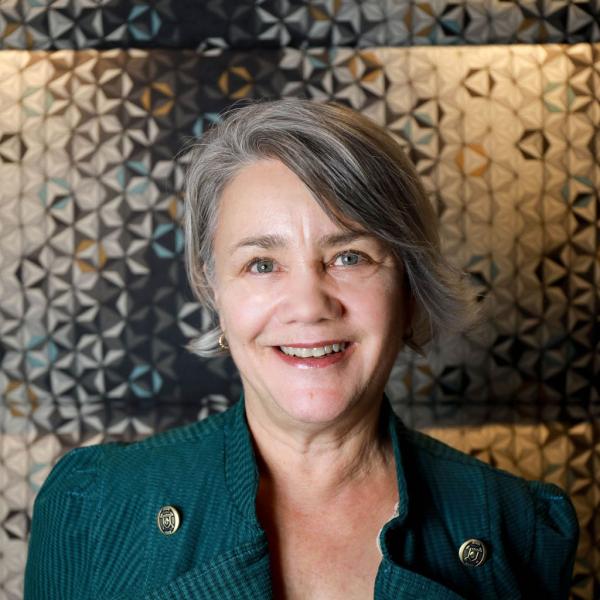Addressing faculty workload
Recent Letter to the Editor generates responses from faculty and administration.
October 18, 2018
Hamline’s handling of faculty compensation recently came under scrutiny as conversation emerged between administration and faculty about workload for professors in the College of Liberal Arts.
Political Science Professor David Schultz headed the critique in a letter to the editor published in the Oracle on Oct. 3, writing that in a time when rising costs of college conflict with institutional goals to provide a quality affordable education, Hamline’s attention seems to be directed elsewhere.
“Instead of making [academic excellence] front and center, wrongheadedly the focus seems to be on alleged inequities in faculty workload across CLA,” Schultz wrote.
Schultz proposed addressing faculty compensation first, noting that according to the American Association for University Professors, Hamline’s faculty are among the lowest paid in the state.
Aida Audeh, professor of Art History and chair of the Studio Arts and Art History department, said she largely agreed with Schultz’s argument. She said reassessment of faculty workloads was a sterile way to look at the work faculty do, noting that every professor brings different strengths, interests and projects to their work.
“We cannot look at education as cookie cutter or some kind of factory production where one person’s work is going to be a duplicate of another,” Audeh said. “I think administration should trust our ability to manage our own time and our own projects.”
Marcela Kostihova, Dean of the College of Liberal Arts, responded through an email interview to note the context this issue originated. Initially, it was one of 24 recommendations put forward in a 2016 program review of the College of Liberal Arts. The recommendation to reassess faculty workload was voted on by faculty at the time and received almost 80 percent approval.
According to the program review, the original recommendation made in 2016 included suggestions for how to restructure the way faculty are compensated for teaching classes of different sizes to reflect the varying levels of time and effort demanded.
Kostihova said other recommendations from the review have since been acted on, including the addition of a Global Citizenship requirement to the Hamline Plan. This naturally led to the consideration of faculty workload, which Kostihova said originated in the Program Review workgroup, which includes faculty who work to implement the recommendations from the review.
Women’s Studies Professor Kristin Mapel Bloomberg’s responded to Schultz’s letter by noting that faculty are not compensated separately for the number of directed studies or internships they supervise. Bloomberg said that as class sizes grow, quotas for core classes are sometimes not met, requiring faculty to teach large numbers of directed studies without having that extra effort reflected in their pay.
“Our faculty is fantastic, and they should be compensated accordingly because people have made choices to stay at this institution because they’re really good at what they do,” Bloomberg said.
Schultz in a follow-up interview said he wrote the letter to bring attention to an approach to improving programs and increasing academic excellence that he says starts from the wrong promises about what faculty need.
“When I listened to that, I thought ‘this is exactly wrong in terms of what you need to be thinking about in terms of how to run the university,’” Schultz said.
Schultz said he hoped his letter will encourage conversation across departments about what issues are key to maintaining Hamline’s standards of academic excellence.





